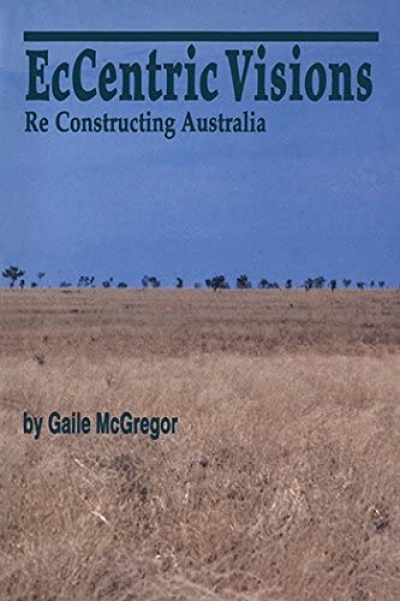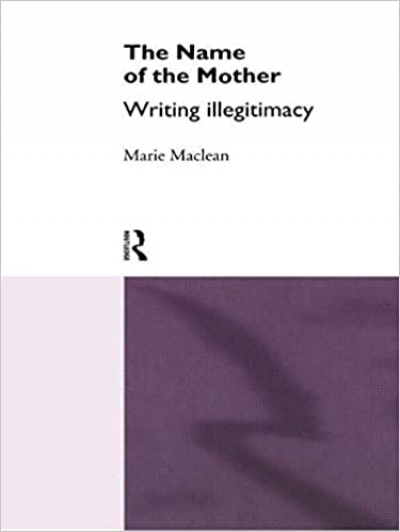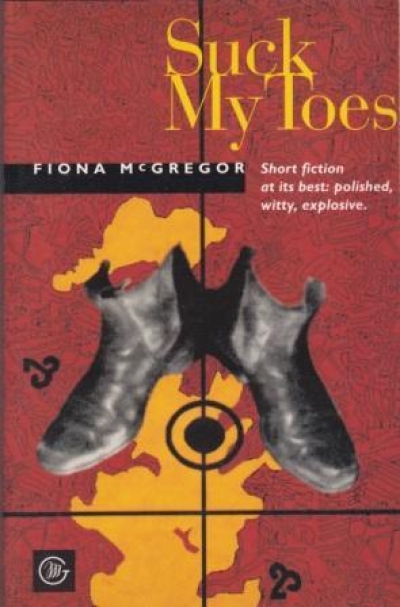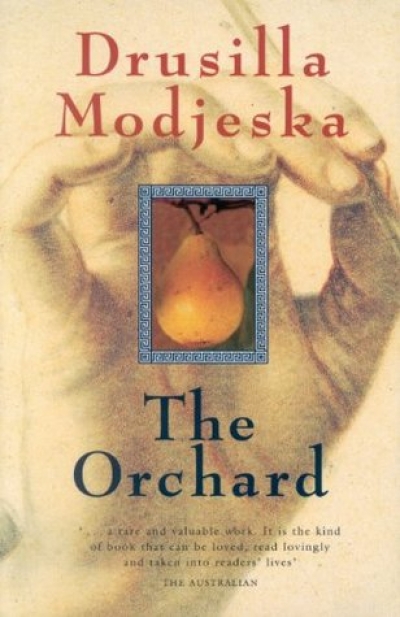Archive
EcCentric Visions: ReConstructing Australia by Gaile McGregor
On a current affairs segment devoted to the events in Rwanda an Israeli doctor spoke with a great sense of purpose about the work he wad doing to save lives, especially those of Rwandan children. I feel so proud to be here, he told the interviewer, pointing out how the water he was providing to the patients could make all the difference between life and death. There was no denying his commitment, but there was something in his answers which subtly conflicted with his humanitarianism. Another interview followed with an African woman, an army nurse, who was forced to attend to the Rwandan refugees by virtue of her employment. When asked how she felt about the situation, she replied, with admirable precision, that it was horrible. This response clearly perplexed the interviewer. Of course, the crisis itself was ‘horrible’, but surely her role in it partook of the heroic. He tried again: Yes, but how do you feel? A long pause, and then her angry reply: I don’t want to talk about my personal feelings.
... (read more)The Name of the Mother: Writing illegitimacy by Marie Maclean
When I discovered that a novel set in my native Newfoundland had won the 1993 Irish Times International Fiction Prize, I was a little surprised. Newfoundland, isolated and little known outside Canada, seemed an unlikely setting for an acclaimed novel.
... (read more)Are you a regional writer?
I suppose I am, if your definition of a regional writer is someone who evokes atmosphere and themes which have a particular relevance for a region. Firstly, to take the most obvious thing there has always been a particular buccaneering business style, dating from the days of the goldrush of the 1890s and in various eras since, and the whole 1980s materialistic era was written even larger on the West Coast than other places. Going even further back in historical terms when you think of the peculiarities of the exploration of this coast, both by the French and the Dutch, that is something which distinguishes the West Coast. Because of my particular enthusiasm for history and research and canvassing matters of the early exploration, it is a theme which has found its way into three or four of my books.
... (read more)A few years ago I found myself grouped with some other poets and given a label: ‘Generation of ‘68’. Like most tags it became after a while more a source of irritation than anything else. The description had been given by John Tranter to the inmates of his 1979 anthology, The New Australian Poetry, but before long had become a term of collective abuse as such labels tend to. One of the identified failings of this group of writers was their propensity for ‘game-playing’. So when Geoffrey Lehmann and Robert Gray included poems by one of the ‘sixty-eighters’ in their anthology, The Younger Australian Poets, they prefaced Tranter’s pieces saying they had chosen things which, unlike most of his work, were not purely ‘language-game’ poems.
... (read more)Without the support of a recognisably unified literary tradition, the Australian poet has had to come to terms with the diverse elements of an increasingly heterogeneous culture. Australia is, was, and ever shall be, someone else’s country, a homeland so fundamentally altered as a concept as to be no longer comfortably recognisable as ‘Home’. Paradoxically, if anything has drawn Australian poets together, it has been a strong attachment to the physical environment, the strange and often harsh beauty of an ancient land but one no longer a comfortingly European possession. As far as forms, genres, literary concepts are concerned, writers have had to draw on their own particular sense of a cultural past that has been, for the most part, European in origin. With the passing of time, a growing disharmony has arisen between the natural rhythms of the land and its hapless European inheritors. This alienation has announced itself often enough in poems of nostalgia, loss, and lovelessness.
... (read more)




